 We’re still about three months away from the release date, but I’m already so excited about my new novel that I’m having trouble thinking about anything else. When someone asks me how I’m doing, my first thought is, Great! I have a new novel coming out! I think it’s the best thing I’ve written! I almost always contain myself and say, “Good. How are you?” Almost always.
We’re still about three months away from the release date, but I’m already so excited about my new novel that I’m having trouble thinking about anything else. When someone asks me how I’m doing, my first thought is, Great! I have a new novel coming out! I think it’s the best thing I’ve written! I almost always contain myself and say, “Good. How are you?” Almost always.
I want to talk a little about the new one here, though. It’s a crime novel titled Dead Extra. It’s set in Los Angeles in the 1940s. One of the protagonists is Jack Chesley, a veteran who returns from a German POW camp to find his wife dead and his wife’s twin convinced the death was murder. It sounds like a common trope, I know. Hopefully, I changed things up enough to that Jack isn’t common. He’s not your typical Sam Spade/Philip Marlowe tough guy detective, for one thing. For the other thing, he’s inspired by a real man.
My father is the youngest of seven kids. The oldest, born 21 years before my dad, was my Uncle Jack. Jack’s middle name was Chesley. I was close with my Uncle Jack for the final fifteen or so years of his life. This started when I was about 13. He’d come down to Florida. I’d take him fishing. He’d take me on drives around town. We’d talk a lot.
As I got older, Uncle Jack opened up to me more and more. He told me stories about his father, my grandfather, who’d died when my dad was a little kid. The old man, as Jack called him, was brutal. A hired thug. A gunman. A killer. And, though Jack didn’t put it in these terms, the old man was horribly abusive to Jack. Jack got away from the old man first by joining the NYPD, then by going off to fight in World War II. His plane was shot down in western Germany. He parachuted out, survived behind enemy lines for a bit, and ended up in a German POW camp. While he was there, his father and his wife both died. When he returned, he got mixed up with his wife’s twin sister.
I took a bunch of these things from my uncle’s life and used them for my novel: his name, some of his war stories, the broad strokes of his relationships with his father, his wife, and his wife’s twin sister. Mostly what I tried to borrow from him was his complexity.
When I got to know him, Jack was in his sixties. He was a recovering alcoholic, a retired cop, a father and grandfather, and just about the sweetest guy I’ve ever known. What also came out in our conversations was that he’d killed people. A few during the war. Maybe a few while he was on the force. I could never reconcile this in my mind. How could you be all these things? How can you be a killer and a kind, generous, thoughtful uncle? How can a young man go through all that Jack went through and emerge whole on the other side?
I don’t know that anyone buy Uncle Jack can answer those questions. I developed the character of Jack Chesley to explore some of these questions and find ways to reconcile some of these things in my mind.
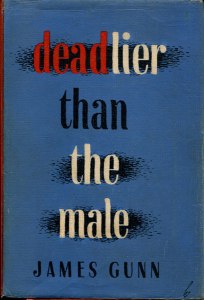

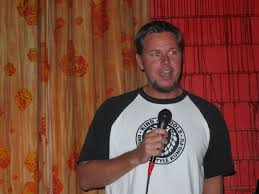
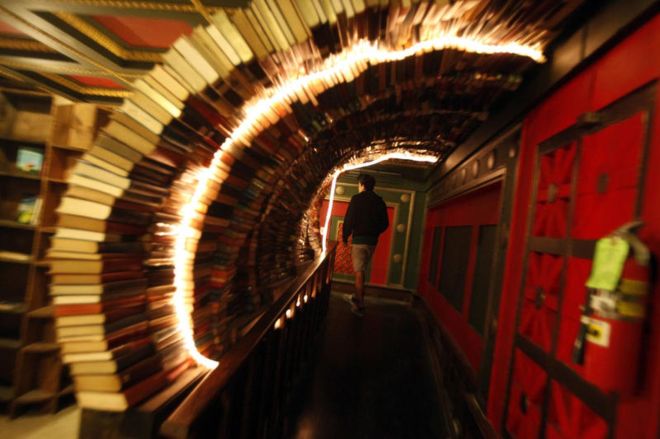 My next event–and the last Los Angeles event for a while–will be at the Last Bookstore in downtown Los Angeles on June 11. I’ll be part of a group reading that’s co-sponsored by Prospect Park Books (my publisher) and Rare Bird Books (another very cool LA press). Rare Bird is bringing crime writers Doug Cooper, Eric Tarloff, and Frank Strausser. Prospect Park is bringing Phoef Sutton and me. Gary Phillips is hosting.
My next event–and the last Los Angeles event for a while–will be at the Last Bookstore in downtown Los Angeles on June 11. I’ll be part of a group reading that’s co-sponsored by Prospect Park Books (my publisher) and Rare Bird Books (another very cool LA press). Rare Bird is bringing crime writers Doug Cooper, Eric Tarloff, and Frank Strausser. Prospect Park is bringing Phoef Sutton and me. Gary Phillips is hosting.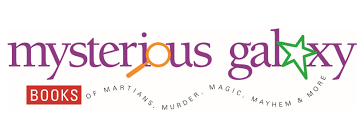 My next event for Dead Extra tomorrow, May 17, at 7:30 PM at
My next event for Dead Extra tomorrow, May 17, at 7:30 PM at  We’re still about three months away from the release date, but I’m already so excited about my new novel that I’m having trouble thinking about anything else. When someone asks me how I’m doing, my first thought is, Great! I have a new novel coming out! I think it’s the best thing I’ve written! I almost always contain myself and say, “Good. How are you?” Almost always.
We’re still about three months away from the release date, but I’m already so excited about my new novel that I’m having trouble thinking about anything else. When someone asks me how I’m doing, my first thought is, Great! I have a new novel coming out! I think it’s the best thing I’ve written! I almost always contain myself and say, “Good. How are you?” Almost always.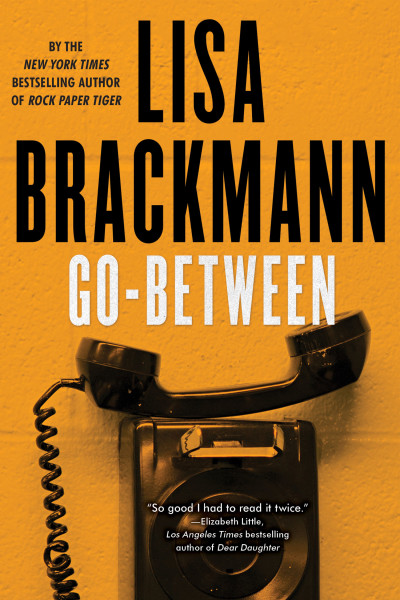 I have a love/hate relationship with crime novels. I love the heavy plots, the journeys into society’s seedy underbelly, the challenge of staying one step ahead of the mystery. I love how tough they are. I hate that most crime novels these days have cops, FBI agents, and the like as protagonists. I grew up a “white trash” kid, then became a punk rocker. Most of my associations with cops were as a kid or young adult getting harassed, shaken down, or cracked in the head by them. After suffering so many humiliations at the hands of the law, I can’t enjoy a book that makes those guys the heroes. Especially when the bad guys are so similar to the people I grew up with. So I mostly read old crime novels, stuff by Raymond Chandler and Dashiell Hammett and writers like them, writers with a distrust of the system and of the wealthy, writers whose protagonists are outsiders just trying to make it. Where, I often wonder, are the contemporary equivalents?
I have a love/hate relationship with crime novels. I love the heavy plots, the journeys into society’s seedy underbelly, the challenge of staying one step ahead of the mystery. I love how tough they are. I hate that most crime novels these days have cops, FBI agents, and the like as protagonists. I grew up a “white trash” kid, then became a punk rocker. Most of my associations with cops were as a kid or young adult getting harassed, shaken down, or cracked in the head by them. After suffering so many humiliations at the hands of the law, I can’t enjoy a book that makes those guys the heroes. Especially when the bad guys are so similar to the people I grew up with. So I mostly read old crime novels, stuff by Raymond Chandler and Dashiell Hammett and writers like them, writers with a distrust of the system and of the wealthy, writers whose protagonists are outsiders just trying to make it. Where, I often wonder, are the contemporary equivalents?